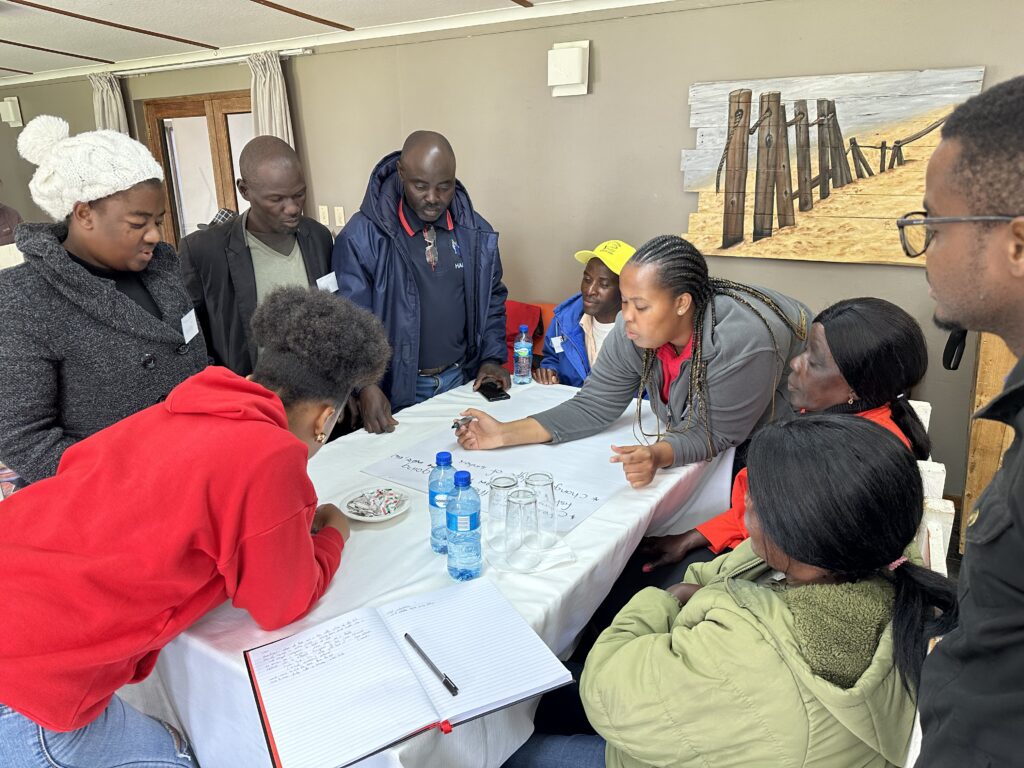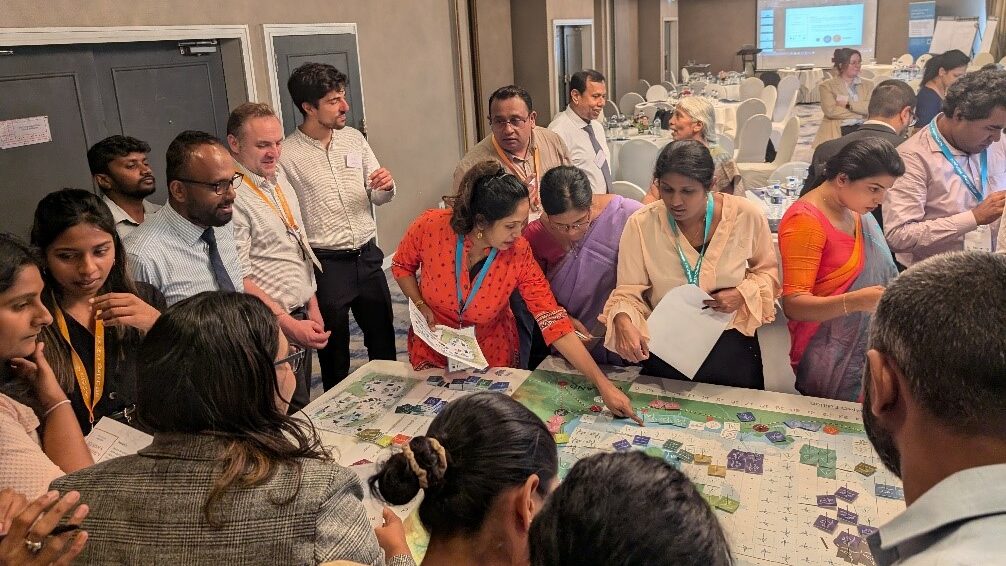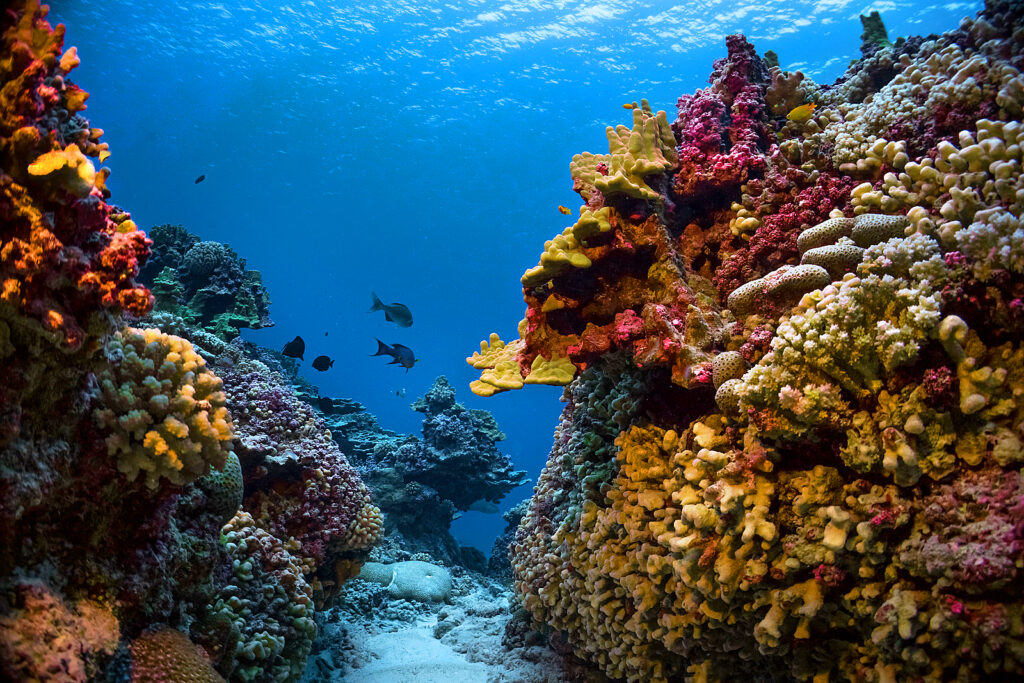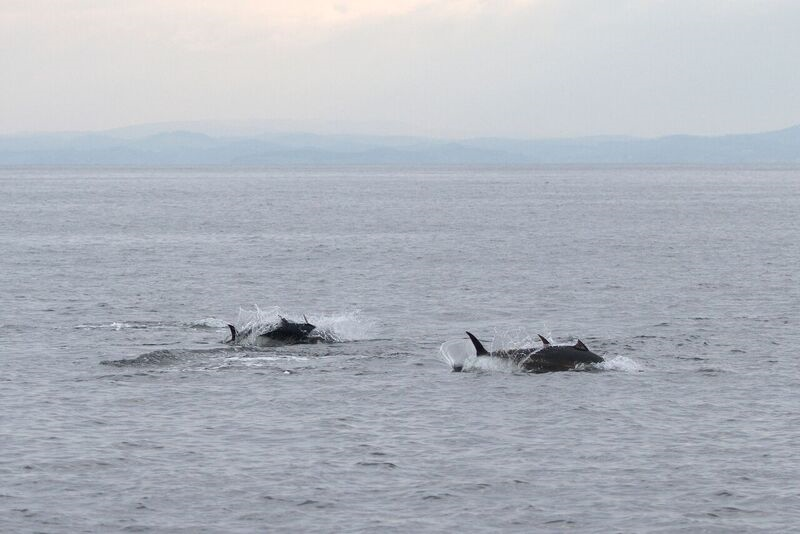By Sarah Allison The Ocean Country Partnership Programme is a bilateral technical assistance and capacity building programme that provides tailored support to countries to manage the marine environment more sustainably, including by strengthening marine science expertise, developing science-based policy and …
Author: Amy Anderson (MMO) In October, the Marine Management Organisation (MMO)’s Global Marine Team undertook a deployment to Madagascar under the Ocean Country Partnership Programme (OCPP). The Ocean Country Partnership Programme is a bilateral technical assistance and capacity building programme …
By Frances Mynott and Clement Garcia, Cefas leads for the mNCEA programme. Our understanding of the benefits that our marine and coastal environments provide are improving through the Marine Natural Capital and Ecosystem Assessment (mNCEA) programme. Started in 2022, mNCEA is …
Written by Parvathi Vallivattathillam, National Oceanography Centre (NOC), Lianne Harrison, Cefas and Francesca D'Enno, Defra. The All-Atlantic Ocean Research and Innovation Alliance (AAORIA) is a science diplomacy effort which unites twelve countries across the Atlantic to strengthen and foster collaborative …
In this Q&A, Georg Engelhard Principal Marine Climate Change and Fisheries Scientist at Cefas, discusses a new One Ocean Hub paper titled “Climate risk assessment of the fisheries in Namibia” and its associated policy paper. It is the outcome of …
Authors: Lois Duff, Hannah Lawson A team from the Joint Nature Conservation Committee (JNCC) and the Marine Management Organisation (MMO) travelled to Sri Lanka in July 2024 to build on the support offered through the Ocean Country Partnership Programme (OCPP). …
Authors: Ross Robertson (Defra), Martin Arris (MMO), Rebecca Skirrow (Cefas) and Thomas Catchpole (Cefas) What is REM and what are our plans? Remote Electronic Monitoring, or REM for short, is a data collection tool that can be installed on vessels …
Despite being separated by more than 7,000 kilometres and located in opposite hemispheres, with the diverse climates and marine environments of the South Atlantic and North Sea, a ground-breaking primary school twinning project, supported by Cefas and Ascension Island, has …
The UK overseas territory of the Pitcairn Islands is one of the most remote in the world. Spanning the four small islands of Pitcairn, Oeno, Henderson, and Ducie, they form part of a remote volcanic outcrop in the Southern …
Cefas scientists have teamed up with the University of Exeter to map the distribution and movements of Atlantic bluefin tuna in UK waters. The sightings are coming in thick and fast as the tagging season gets underway. The Atlantic bluefin …









